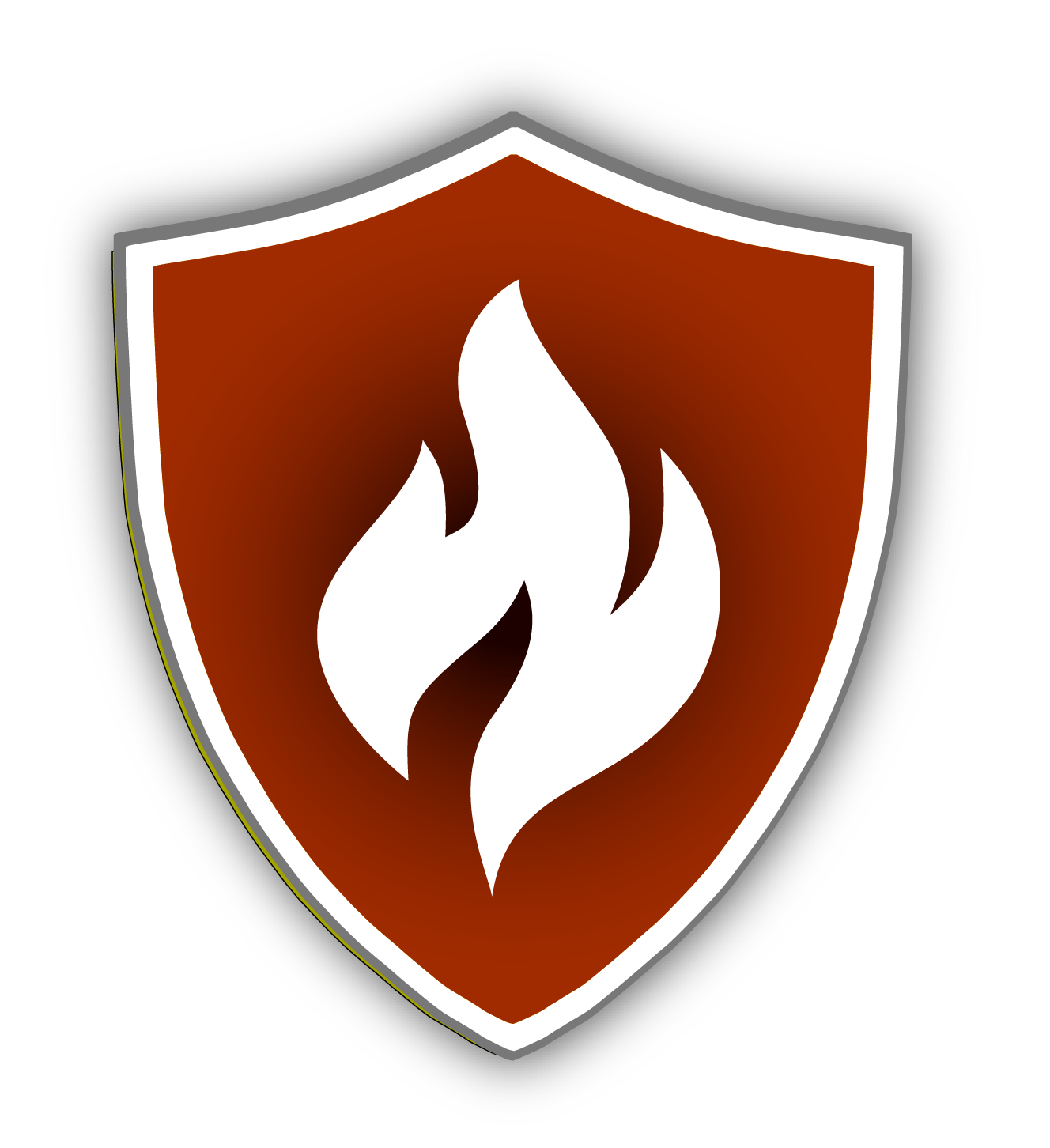Request Your FREE Inspection! Give Us a Call: [Phone Number]
Answers to our most common questions.
Frequently Asked Questions
1. How often should my chimney be cleaned?
According to the National Fire Protection Association: “Chimneys, fireplaces, and vents shall be inspected at least once a year for soundness, freedom from deposits, and correct clearances. Cleaning, maintenance, and repairs shall be done if necessary.”
We like to suggest twice a year: once in the fall (before the winter months) and once in the spring (after the winter months).
We like to suggest twice a year: once in the fall (before the winter months) and once in the spring (after the winter months).
2. Why are annual chimney inspections and maintenance important?
When gas, wood, and oil burn in vented heating systems, the dangerous fumes produced — such as carbon monoxide — are released into the chimney through a connector pipe. Channeling these fumes out of the living area is the main purpose of the chimney.
In addition to redirecting toxic gases and smoke, chimneys also create draft (flow of air) that provides the proper air to fuel mixture for efficient heating appliance operation.
Unfortunately, many chimneys in daily use in homes all over the country are either improperly sized or have conditions that prevent them from performing their intended function. These conditions may include:
Thus, it’s important to keep up with inspections, maintenance, and cleanings to ensure that your chimney operates as it should so that you can enjoy a safer and healthier home.
In addition to redirecting toxic gases and smoke, chimneys also create draft (flow of air) that provides the proper air to fuel mixture for efficient heating appliance operation.
Unfortunately, many chimneys in daily use in homes all over the country are either improperly sized or have conditions that prevent them from performing their intended function. These conditions may include:
- weaknesses in the brick and mortar
- cracks or gaps in the chimney liner
- missing chimney liners
- damage from the acid produced by a gas appliance
- chimney blockages
- soot/creosote accumulation
- chimney leaks
- damaged smoke chambers
- and more
Thus, it’s important to keep up with inspections, maintenance, and cleanings to ensure that your chimney operates as it should so that you can enjoy a safer and healthier home.
3. Why does my fireplace stink?
Most fireplace odors result from creosote deposits in the chimney. Creosote is a natural byproduct of wood burning, but when the humidity is high in the summer months, the odor can become too noticeable.
In addition to having your chimney cleaned, you may also want to invest in a top sealing damper. This can prevent the downdrafts that carry the smell of creosote down through the chimney and into your home. Some people have also found it helpful to put a little cat litter or baking soda in the fireplace.
In addition to having your chimney cleaned, you may also want to invest in a top sealing damper. This can prevent the downdrafts that carry the smell of creosote down through the chimney and into your home. Some people have also found it helpful to put a little cat litter or baking soda in the fireplace.
4. Do I need I need to have my chimney checked if I heat with gas?
Yes! Although gas is a clean burning fuel, that doesn't mean the chimney never needs to be checked! You’ll still want to have the chimney routinely inspected for bird nests, blockages, and damage.
5. Why does smoke come from my basement fireplace when I build a fireplace in my upstairs fireplace?
It all has to do with air pressure. When you have a fire going in the fireplace, the fireplace exhausts household air, creating negative pressure. To equalize the pressure, the home will draw air down through the unused flue (connected to your basement fireplace), bringing in smoke through the fireplace.
So what’s the solution? Some possible solutions to this include the installation of a top mount damper on the fireplace that’s least used or the installation of a chimney fan, which can work to pull smoke and carbon monoxide up and out of the home when there isn’t enough makeup air. After we inspect your chimney and fireplace, we can recommend the best course of action for you.
So what’s the solution? Some possible solutions to this include the installation of a top mount damper on the fireplace that’s least used or the installation of a chimney fan, which can work to pull smoke and carbon monoxide up and out of the home when there isn’t enough makeup air. After we inspect your chimney and fireplace, we can recommend the best course of action for you.
Is Your Chimney Safe and Working Properly?
Contact us today to schedule a free on-site inspection with one of our experienced chimney technicians. Give us a call or click the button below to get started.
